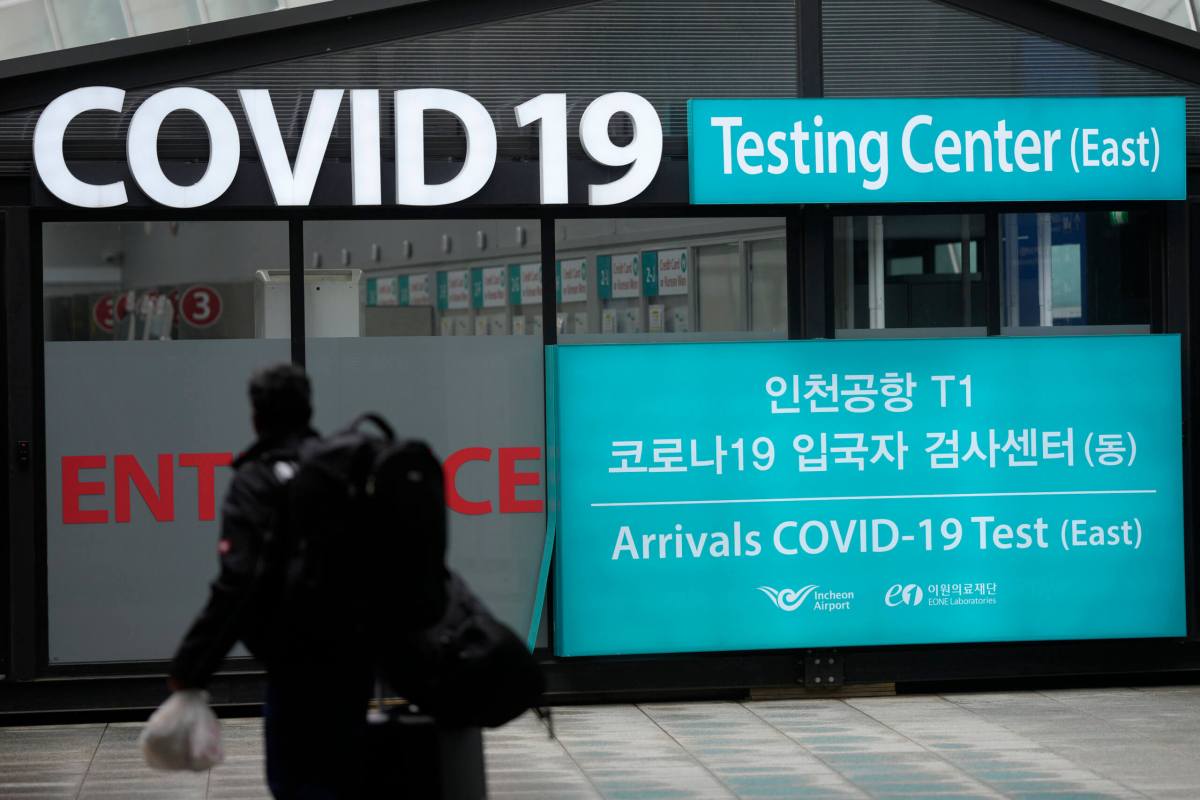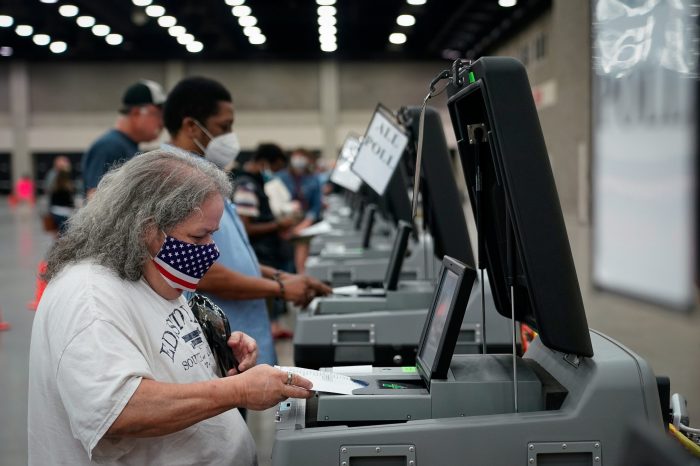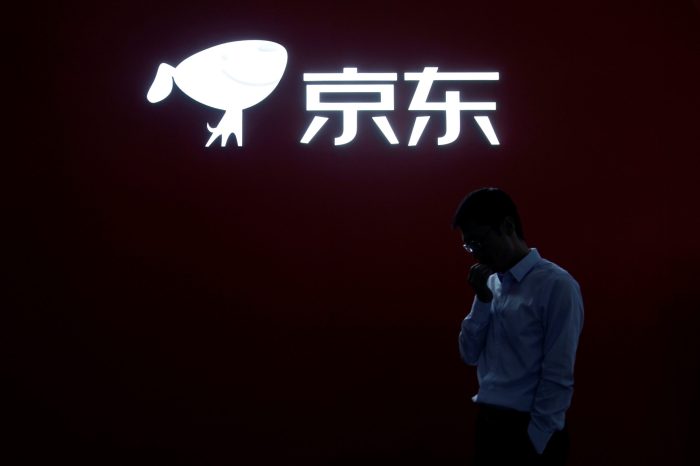South Korea says it will remove the entry restrictions it placed on short-term travelers from China since the start of the year as officials see the COVID-19 situation in that country as stabilizing.
South Korea in early January stopped issuing most short-term visas at its consulates in China, citing concerns about a virus surge in the country and the potential for new mutations. China abruptly eased coronavirus restrictions in December, raising the prospect of millions of Chinese traveling abroad again for the first time in three years.
South Korea also required all passengers from China, Hong Kong and Macao to submit proof of negative tests taken with 48 hours before their arrival and put them through tests again once they arrive.
Following an anti-virus meeting on Friday, the government decided to normalize short-term visa applications at its consulates in China from Saturday. The testing requirements were maintained but officials say those steps could be relaxed later depending on virus developments.
While allowing the extension of existing visas, South Korea had stopped issuing most short-term visas at its consulates in China, except for essential government, diplomatic and business activities and humanitarian reasons.
The South Korean virus measures prompted China to retaliate by suspending South Korean short-term visa applications, raising business concerns in a country that heavily depends on exports to China.
China called the South Korean move a “step in the right direction towards reducing barriers to people-to-people exchanges between the two countries,” and indicated it would likely respond in kind.
“China will actively consider taking the reciprocal approach of resuming the issuance of short-term visas for South Korean citizens,” Foreign Ministry spokesperson Mao Ning said at a daily briefing Friday.
“We hope the ROK will work with us to provide more convenience for the normal flow of people between the two sides,” she said, referring to South Korea’s formal name, the Republic of Korea.
South Korea’s Ministry of Health and Welfare said 1.4% of Chinese short-term travelers tested positive after their arrivals, compared to nearly 22% in the first week of January. As of Friday, eight of them remained in quarantine at designated hotels, compared to around 140 quarantines in early January.
“The downward trend apparently reflects the change in the COVID-19 situation in China, where signs of a viral emergence following the Lunar New Year’s holidays haven’t been evident and the emergence of new variants hasn’t happened,” the Health Ministry said in a statement announcing the easing of border controls.
According to data from South Korea’s Disease Control and Prevention Agency, about 10,600 short-term travelers from China underwent airport tests after arrival since Jan. 2 and about 7% of them tested positive.
South Korean officials defended their measures after Beijing stopped issuing new visas in the country in apparent retaliation, saying that the spread of COVID-19 in China was creating concern about a possible emergence of new variants and complaining that Chinese authorities weren’t sharing transparent infection data.
South Korea had previously said it would maintain the measures until the end of February, guarding a further spread of the virus in China following the Lunar New Year holidays in late January.


















